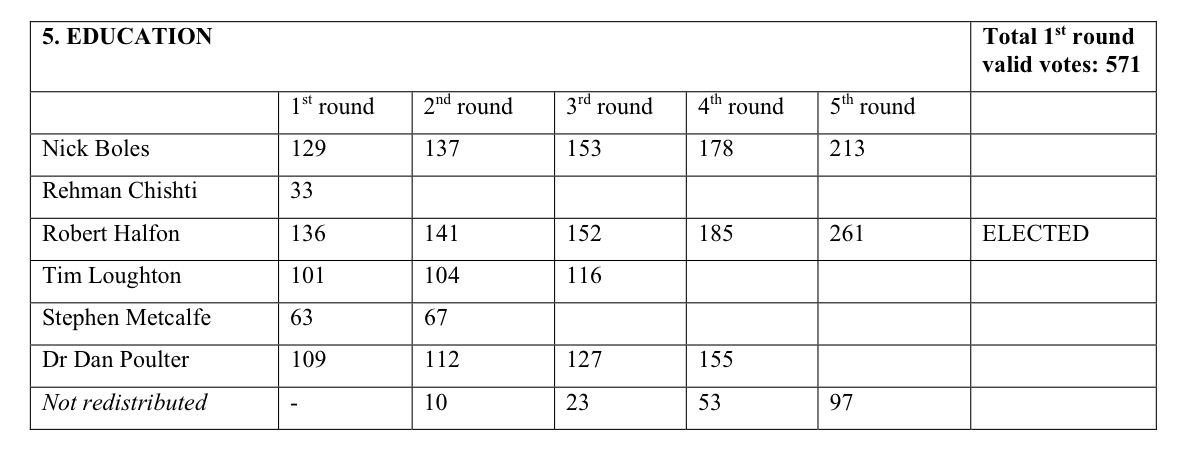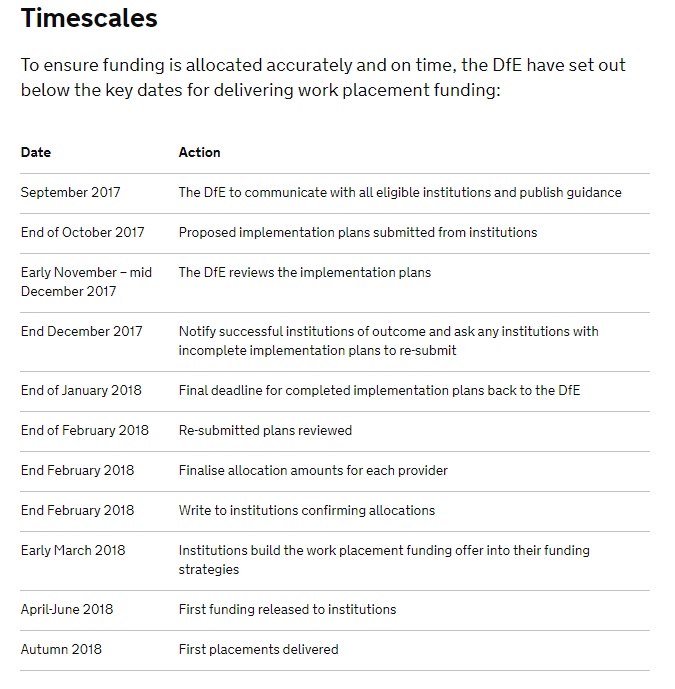Ofsted has completely failed to act on a change in its rules that allow it directly to inspect subcontractors despite an embarrassing succession of major scandals, an FE Week investigation has discovered.
Monitoring subcontracting is a huge and increasingly thorny issue – there were 1,200 subcontractors accessing an eye-watering £693 million in government funding as of January. Of these, 161 had a contract worth £1 million or more, the highest of which is Learning Curve with over £10 million.
The former Skills Funding Agency had been warning as long ago as 2010 that the arrangement was “prone to mismanagement and abuse”, words which proved prophetic after the sector was wracked by a string of scandals involving providers with huge government skills contracts.
Ofsted finally took action last year by inserting a line into its handbook stating that it “reserves the right to inspect and grade any subcontractor” in their own right for the first time.
However, FE Week has found that not a single subcontractor inspection had yet taken place.
The new chair of the education select committee, the former skills minister Robert Halfon, expressed concern with the situation, saying: “The issue of subcontracting and inspection of quality is incredibly important. I hope that Ofsted will make every effort to inspect subcontractors in the same way they inspect other providers.”
An Ofsted spokesperson told FE Week: “We already inspect subcontractors and their education and training provision, as part of the inspection of their main contractors.
“While we have not inspected any subcontractors as a separate entity yet, where necessary, we reserve the right to do so.”

Mr Halfon would not be drawn on whether he would consider launching a select committee enquiry into subcontracting.
His former counterpart, the current shadow skills minister Gordon Marsden also weighed in, and said he hoped Ofsted would make more of an effort.
“I know that the new chief inspector Amanda Spielman has taken a strong interest in apprenticeships and FE, and it is to be hoped that this subcontracting issue will form part of Ofsted’s closer engagement with the sector,” he said.
Ofsted has so far only directly inspected prime contractors involved in government-funded provision, and may visit and or comment in general terms on their subcontracted provision.
But there was increasing concern before the rule change that this allowed substandard and corrupt providers to pass under the radar, while some companies were found to be actively maintaining subcontractor status so as to avoid an inspection.
One example FE Week uncovered of the inspectorate’s questionable approach to subcontracting was at grade two-rated NCG.
Ofsted’s report on its most recent inspection of what is one of the country’s largest college groups lavished praise last September on its “rigorous” contract management for subcontractors, noting that the group decommissions those “who do not respond quickly enough to improvement plans”.
But it said nothing about the quality of teaching among those subcontractors.
FE Week asked Ofsted, via a Freedom of Information request, for the names of the subcontractors that inspectors visited during the inspection.
The response was that none were visiting, and admitted: “I can confirm that, having checked the evidence from the inspection and spoken to the relevant inspectors, we do not hold any information about any subcontractors being visited during the inspection of NCG.
“The management of subcontracted provision was discussed with the college during the inspection.
“Visits to subcontractors may not be a key focus on inspection dependent upon the provider and the size and scope of this provision.”
Geoff Russell, the then-chief executive of the Skills Funding Agency, wrote in 2010 to John Hayes, the skills minister at the time, concerned about the risks of fraud. The letter was leaked to FE Week and reported on at the time.
“Subcontracting is the area most prone to mismanagement and abuse, and is responsible for about 70 per cent of our current investigations,” wrote Mr Russell at the time.
We also reported in July 2014 how the Skills Funding Agency had indicated to the BBC’s consumer affairs programme Face the Facts that it wanted closer Ofsted focus on subcontractors.
It spoke out following the demise of major subcontractor Bright International Training Ltd, and the results of a four-month investigation by the relevant awarding organisation concluded there had been evidence of malpractice resulting in at least 225 learners losing their qualifications.
The agency told the BBC: “We are in discussion with Ofsted about the possibility of having more focus on the large subcontractors. Our priority is to ensure learner interests are protected and safeguarding public funds.”
——————————————————————————————————————————————-
Editorial: What are Ofsted waiting for?
After several scandals involving large subcontractors that left learners out of pocket and without certificates, Ofsted rightly realised they had a blind spot.
They realised it was farcical to be undertaking full inspections on tiny prime providers with fewer than 50 learners whilst the multi-million pound subcontractors with thousands of learners remained off their radar.
But in the past year they haven’t undertaken their first full inspection of a subcontractor. Also concerning is that Ofsted didn’t visit a subcontractor when inspecting NCG; which they list as having subcontracting arrangements with 11 providers.
If I was being generous I would blame the government for reducing Ofsted’s budget, but is the inspectorate using the limited resource they have wisely?
Twelve hundred subcontractors with hundreds of thousands of learners and over half a billion pounds of public money.
It’s time Ofsted not only conducted a thematic review of subcontracted provision, but inspected the largest multi-million pound subcontractors.
Waiting for a scandal, as in the case of Bright, is too late for the inspectorate to make any positive contribution.
No excuses I’m afraid. Ofsted, on this issue, requires improvement.
Nick Linford, editor





